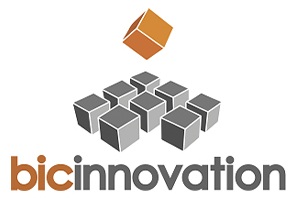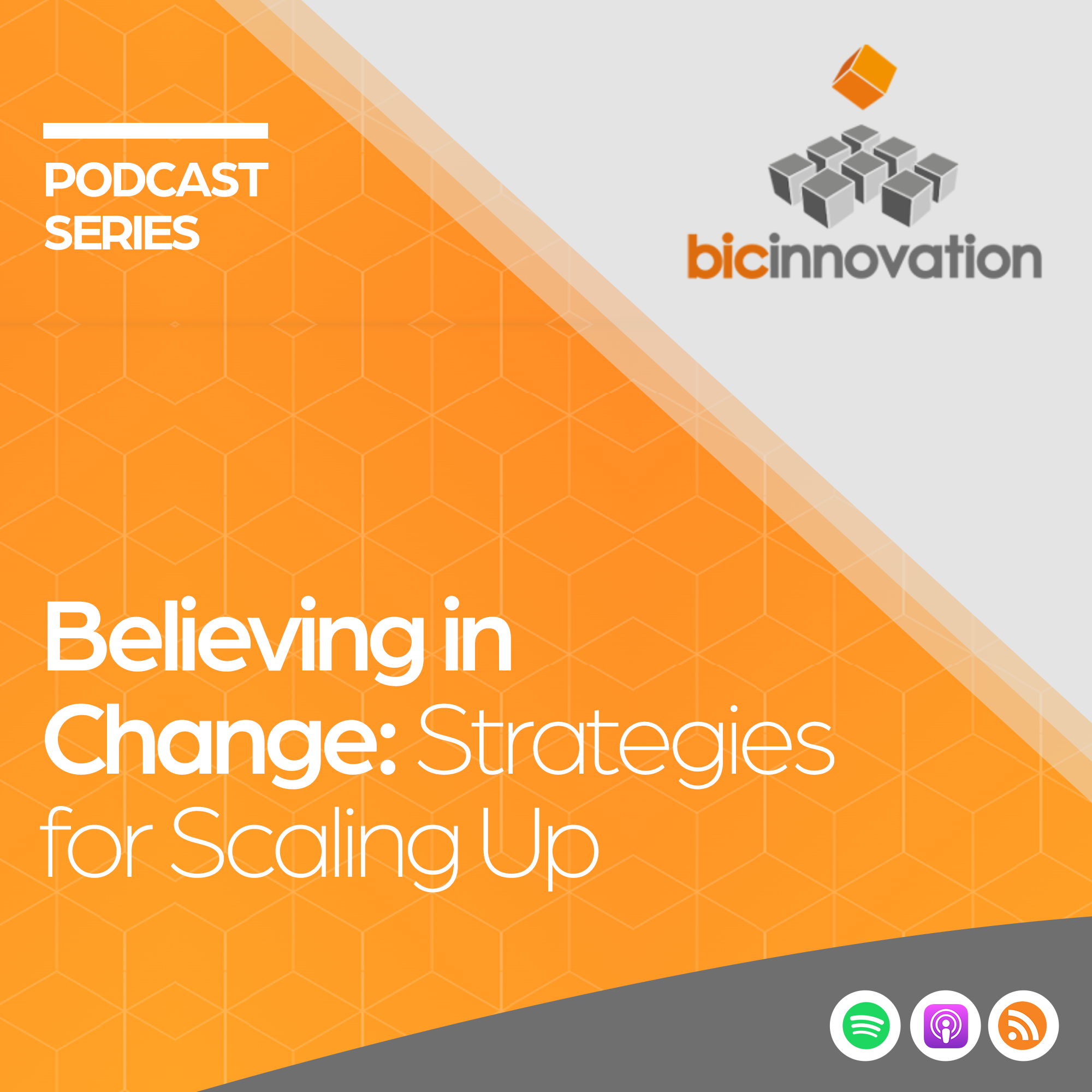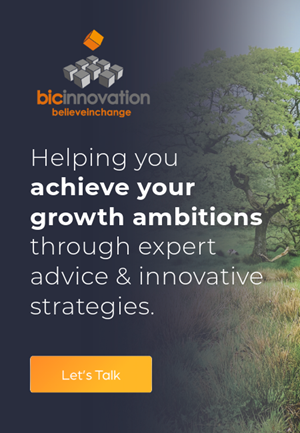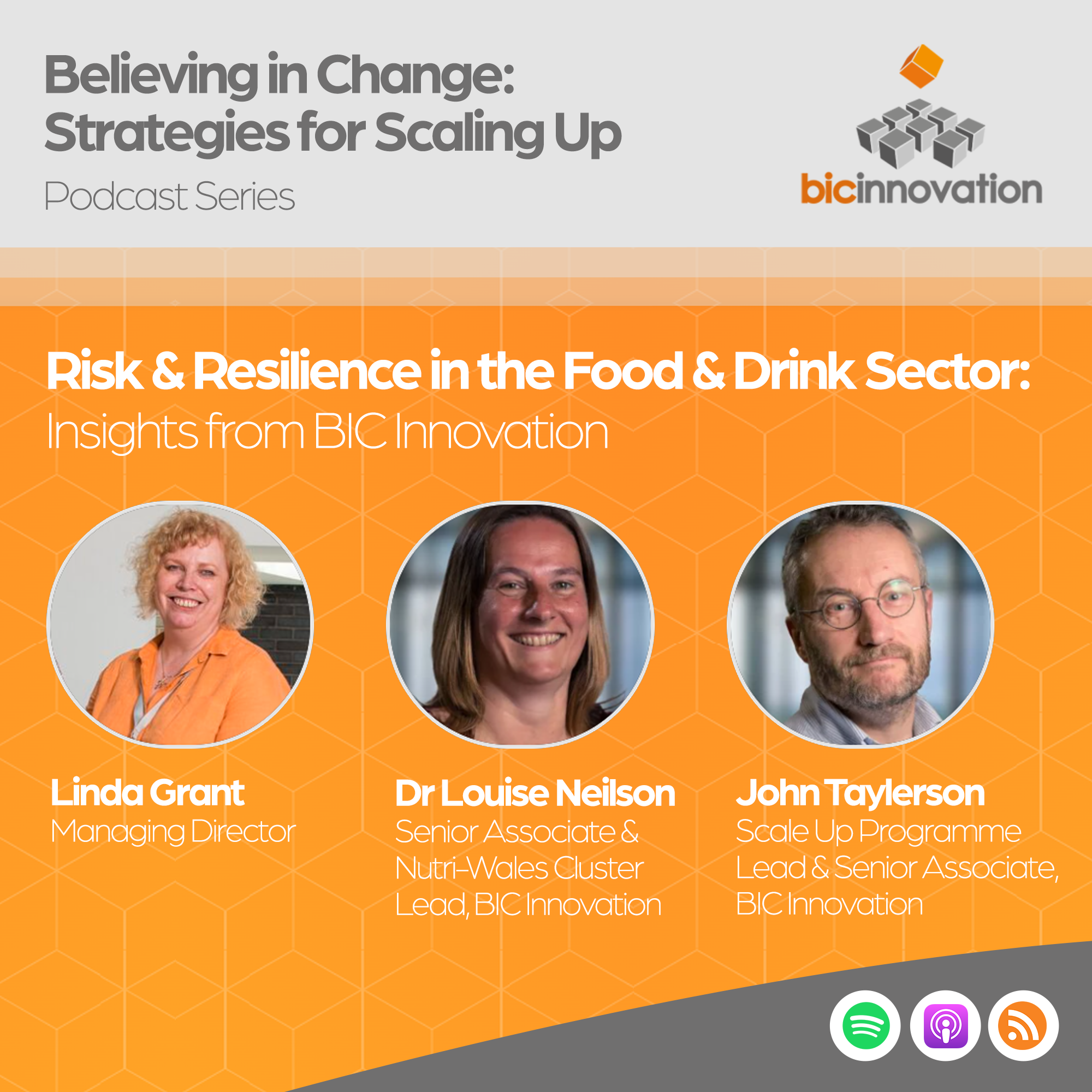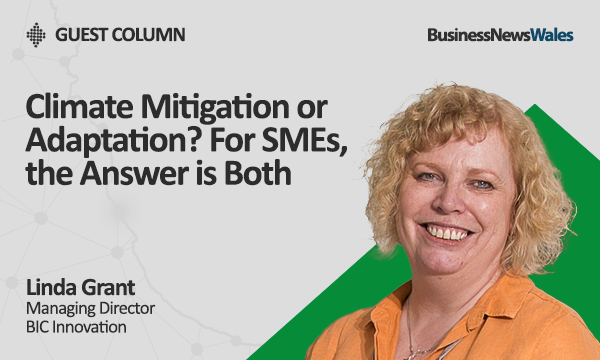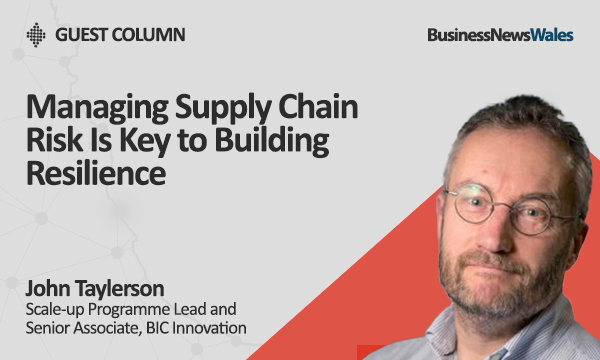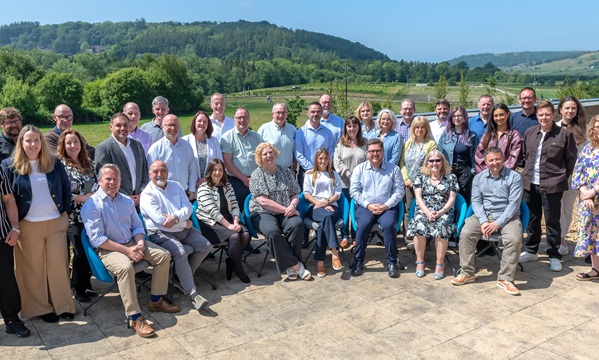SMEs are being encouraged to treat climate resilience with the same seriousness as health and safety, embedding it across every part of their organisation rather than treating it as a standalone issue.
Speaking on the BIC Innovation podcast series Believing in Change – Strategies for Scaling Up, produced in collaboration with Business News Wales, Stu Meades, Managing Director of North Wales-based net zero consultancy Greener Edge, said the transition required a cultural shift.
“If you think about the 70s and 80s, health and safety was seen as someone else’s job,” he said.
“Now it’s embedded through an entire organisation, from senior management to shop floor, and everyone takes responsibility for it.
“That’s what we now need to see with sustainability and decarbonisation.”
Stu explained that most businesses already understand that their operations have an environmental impact, but many lack confidence in the terminology and processes around climate mitigation. He said that supporting business leaders to understand how emissions are broken down into three categories – Scopes 1, 2 and 3 – helps them to recognise where their activities are contributing to carbon emissions, and where they have the most control.
Scope 1 includes direct emissions from fuels such as gas and diesel; Scope 2 covers electricity use; and Scope 3 refers to everything else, from the goods and services a company buys, to distribution and staff travel. For most SMEs, Scope 3 makes up the bulk of their emissions, but is also the hardest to tackle.
“Mapping emissions is a form of carbon accounting,” Stu added.
“It’s unrealistic to expect smaller businesses to do that in-house, just as they wouldn’t manage their own financial accounts without expert input.”
Linda Grant, Managing Director of innovation consultancy BIC Innovation, said many SMEs would benefit from recognising that mitigation and adaptation are not opposing approaches, but complementary.
“We always say these aren’t either-or options. They go hand in hand,” she said.
As well as reducing emissions to slow the pace of climate change, businesses also need to prepare for its effects. Linda gave the example of food companies investing in solar energy to reduce production costs and emissions, while also increasing finished stock in case of extreme weather disruption.
She said that both public and private sector procurement requirements were now driving demand for carbon reduction plans, even for relatively modest contracts.
“SMEs need to be in a position to show they know their baseline and have a plan for reducing emissions,” said Linda.
“Some measures may be out of their control now, but what matters is showing that they understand where the issues lie and are committed to ongoing action.”
AberInnovation CEO Dr Rhian Hayward said that while many businesses could make progress today by tackling low-hanging fruit, innovation also had a major role to play in longer-term adaptation.
AberInnovation, based at Aberystwyth University, supports both SMEs and larger corporates to access pilot-scale research and development facilities, particularly in food security, climate mitigation and sustainable agriculture.
“Our job is to help turn academic research into real products and services,” said Rhian.
“We support early-stage businesses that are developing climate resilience solutions, not just for themselves, but for wider industry. These companies are using the assets and expertise in Wales to innovate and they are globally charting new territory.”
Examples of businesses currently operating from AberInnovation include PlantSea, which is creating seaweed-based bioplastics; Agxio, which is developing AI to improve agricultural decision-making; and Sunbear Biofuture, which is producing sustainable oils as an alternative to palm oil.
Rhian added that businesses didn’t need to have all the answers in-house but should start by setting aside time to engage with the innovation ecosystem.
“There is more public funding available than people think, especially for activity that benefits the environment or future generation,” she said.
“Whether through us, BIC Innovation or organisations like Greener Edge, help is there, and it can make a tangible difference.”

